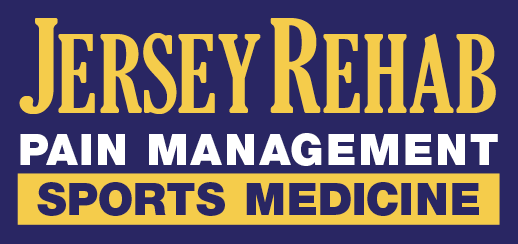Managing Chronic Pain – Some answers to common questions
We all experience pain in our lives, whether from injury, a tension headache or just sleeping in an awkward position. But for many people, chronic pain — most commonly back pain, headaches and pain from arthritis — can make routine activities very challenging. Below are some frequent questions and answers we discuss with our patients on a regular basis.
Q: What is chronic pain, and what causes it?
A: Chronic pain can be defined simply as pain that extends beyond the expected period of healing. It can be caused by a variety of things, including obesity, age, stress, accidents or work-related injuries, and diseases such as cancer, shingles or arthritis.
Q: Are there things I can do to prevent the development of chronic pain?
A: As with everything related to your health, exercise makes a big difference. When we move, endorphin-boosting hormones are released, which decrease pain. Exercise also increases blood flow to vital organs, muscles, joints and tendons and can further reduce pain. And the exercise doesn’t have to be complicated. A regular walking routine can add years to your life, help you lose weight, improve your mood, reduce pain, and more. Maintaining a healthy weight and eating a balanced diet also factor in. Some foods actually can increase inflammation (those which contain saturated fats, trans fats, simple sugars and white flour), so it’s important to limit the consumption of those. Lack of magnesium can lead to muscle and joint pain, so eat magnesium-rich foods such as leafy greens and pumpkin seeds, or consider taking a magnesium supplement.
Q: What are some ways to manage pain?
A: The best solution for most patients is a comprehensive approach, utilizing a combination of all of these pain management tools: increasing activity level, modifying how you perform activities of daily living, and achieving and maintaining a healthy weight with exercise and a balanced diet. Psychological tools (such as relaxation and stress management techniques) and non-narcotic medications are options for treating chronic pain, along with physical rehabilitation and interventional procedures such as nerve blocks.
Q: What is the treatment process?
A: While treatment may vary by medical center or hospital, at Jersey Rehab, the first appointment consists of a comprehensive review of your medical history and an initial evaluation. You’ll be asked questions about previous treatments you have received, medications you are taking, family history and more. After that initial assessment, our pain management physicians will make recommendations to develop a comprehensive, individualized pain management program. Your subsequent appointments will focus on putting the plan into action. This may include introducing appropriate physical activity, prescribing medication if needed, or performing a minimally invasive procedure such as a nerve block or a steroid injection.
Q:How long will it take for the pain to go away?
A: The results of treatment vary by patient. For some, pain may be reduced almost immediately as a result of exercise, behavior modification or medication. For others, the pain may get worse before it gets better, as introducing new exercises and activities can result in pain in other parts of the body. For those who undergo minimally invasive procedures such as injections or nerve blocks, the results can last several weeks or longer.

